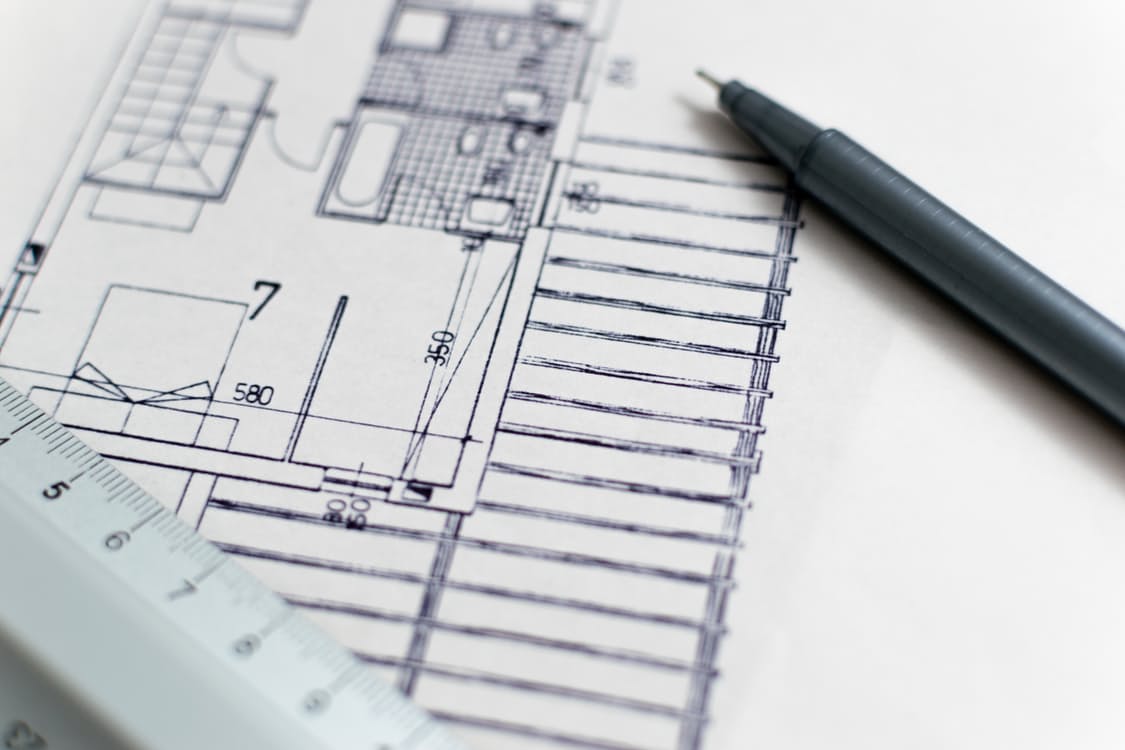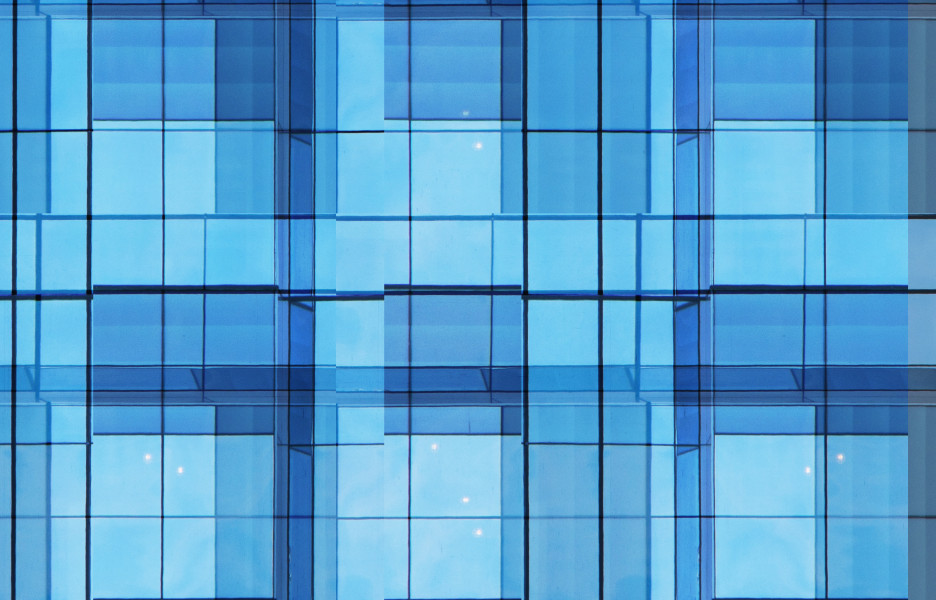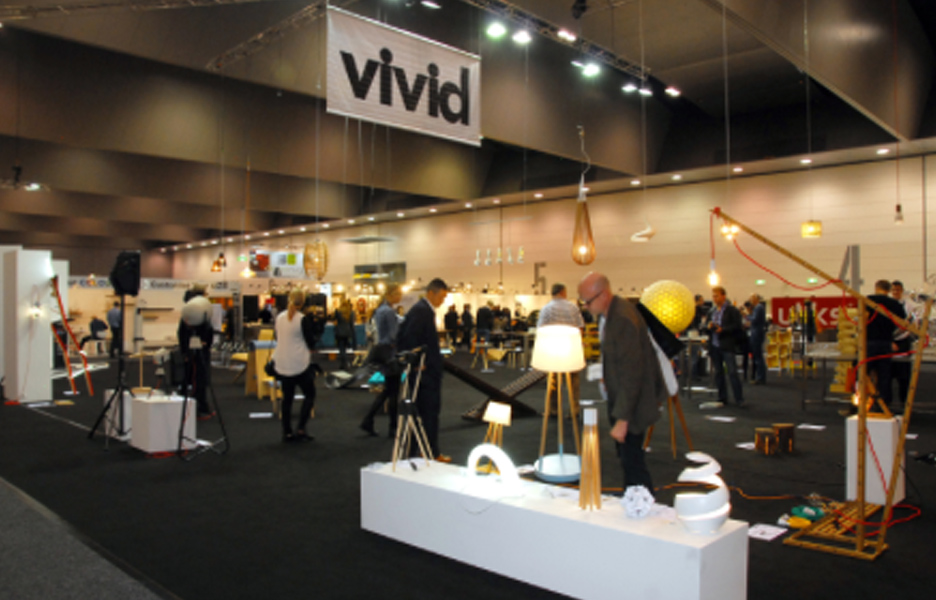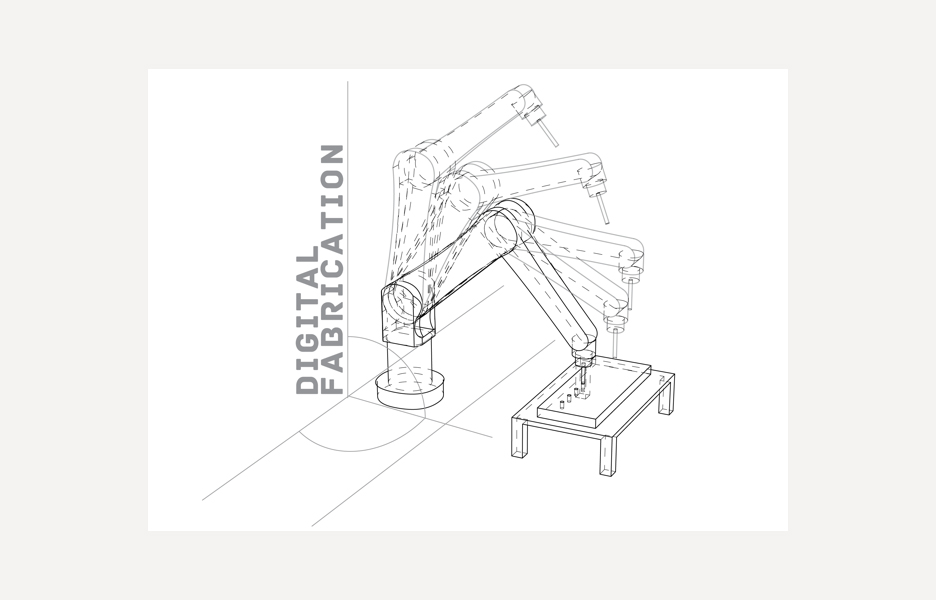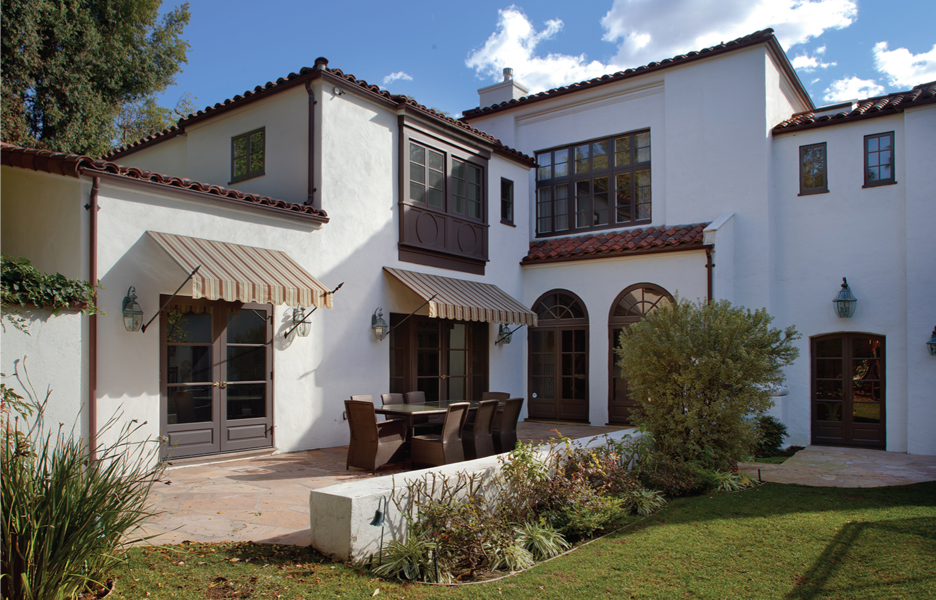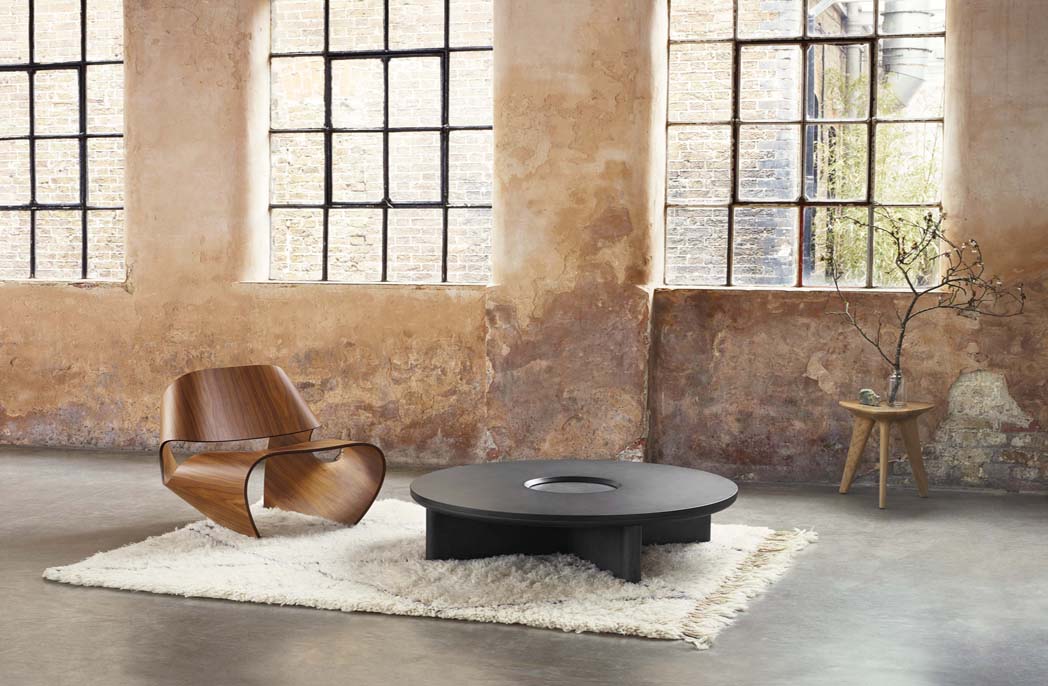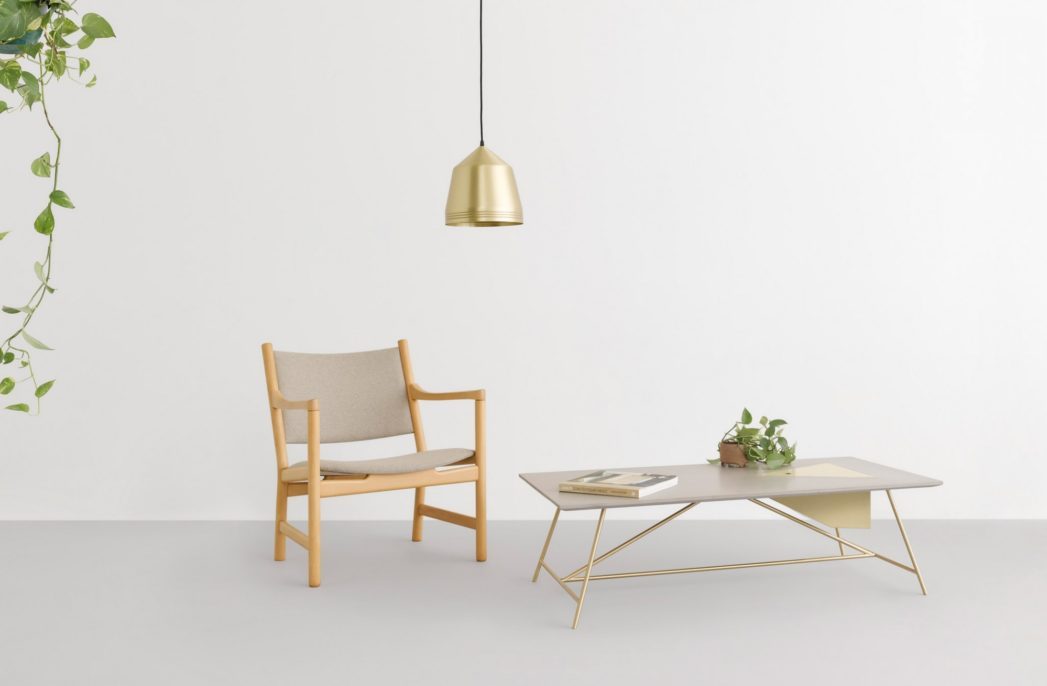
The story of Embla
Share
Above image: Christian McCabe and David Verheul, the duo behind Melbourne restaurant and wine bar, Embla.
The team behind Melbourne’s newest restaurant and wine bar, Embla, share the experiences that brought Embla together.
The Client – Christian McCabe
Christian McCabe and David Verheul are the duo behind Melbourne bar and restaurant, The Town Mouse. McCabe, who hails from New Zealand, has launched a number of successful venues on both sides of the Tasman and together with head chef, Verheul, they have opened Embla on Russell Street, Melbourne.
On The Location:
“We liked the location since it’s kind of out of the way in the CBD, but is on the way to/from many of the places we see our guests spending their day. The best bars are the ones that you can feel comfortable going to by yourself and since everyone feels that way you become connected to your community. We’re champions of the small producer, people who are farming with a respect for the earth, producing products that are small batch and fleeting in their availability, which we think makes them more special.”
On Team Building:
“For us we like to involve the architect right from the start. Our process is quite reflexive, in the sense that we have a broad idea for what we want to do, but it is highly dependent on what the site has to offer. It has a lot in common with the eventual day-to-day running of the restaurant actually – assemble good ingredients, give them to talented people who feed off each other and see what happens. Ultimately the architect’s job is to create the right mood and energy for the room, not merely to make it look good.”
On Space And Time:
“The time-frame with any of these projects is always ‘as soon as possible,’ but until you commit and start stripping back the layers it’s pretty hard to set realistic targets. There are so many variables that you have no control over, so it’s a bit futile to try. You only get one chance to put the bar in the right place and the same goes with most of the build, so for the sake of a week here and there (this can be an expensive truth to tell yourself at the time) you really need to make sure you get it right. There’s no point in opening a bad venue ahead of schedule only to see it never make it through its first year in business.”
On Decisions:
“Design decisions have a huge impact on the operational aspects of a space, it wouldn’t be an understatement to say it can make or break the business. There are huge real costs with putting things in the right place. The ideal space can operate with a few or a lot of staff just as easily, walking distances for each workflow are minimal, and the ability to use idle time productively is essential too. Economy of movement needs to be considered as paramount – it doesn’t take long for a five-metre walk to add up to many kilometres over a week and ultimately you’ll lose staff if your restaurant isn’t a nice place to work.”
On Compromise:
“Most of the compromise for us has been splitting the project into two phases – this was always the most likely outcome, but we wanted to treat the downstairs wine bar (opening first) as connected to the upstairs restaurant (a separate and later project) so that we could eventually integrate them in a way that shared as many of the resources as possible. The line between the two is fairly fluid, but it’s certainly retreated a bit as the bills have come in.”
The Architect – Allistar Cox
Responsible for the design of many of McCabe’s previous ventures, including The Town Mouse, Allistar Cox and his Wellington-based team have a long-standing relationship with the hospitality sector and the team behind Embla.
On Location:
“Christian and I have looked at a lot of sites together over the years. It is a skill to know when to discard, for any number of reasons, and to not lead with the first one but to wait for the right one. The site is not seen as a separate aspect, but it is integrated into the development of the idea, as a great site is the foundation to develop a concept. In this site – there was a sense of independence and significant scope, in terms of alterations, that was incredibly appealing.”
On Team Building:
“As a designer you seek to surround yourself with clients that are highly skilled and successful in their respective fields. Together as designer, restaurateur and head chef we understand the boundaries of the industry and collectively enjoy working together to create a culture, energy and vibe. I see that is our ability, during the design and build process, to adapt, change and create, while holding onto the primary concept that has created a successful working relationship. And a level of trust among all parties.”
On Space And Time:
“From the initial site visit, the main focus was to strip back the space to find the original bones of the building, which in this case was behind layers of previous renovations, of which more continued to be revealed during the construction process. The original shell, generally speaking, is the best starting point for a design, it cleanses the space.”
On Decisions:
“You’ve got to get the function right, successful functionality is the vibe. The energy for the patron has got to be right – the patron does come first. It is also enhancing the space, breaking down the boundary between the patron and the kitchen. At Embla we sought to create the vibe of a pleasant, humble, kitchen dining experience.”
The Builder – Ian Provan
Ian Provan, builder and project manager at Provan Built, guides his fair share of projects to completion. His reputation for making things work, and making them right, garnered the attention of Cox and McCabe, who have enlisted Provan as their right, and probably left, hand man for this ambitious new venture.
On Location:
“There are always surprises – some provisioned for, but always a few that catch everyone offguard. We discovered some pretty significant base-building issues, some which required immediate resolve. Successful (proper) and swift (cost-effective) resolution of unexpected issues is really a function of trust. And where trust and faith is still being established, communication is king – this is where this project was going to sink or soar.”
On Team Building:
“Our entry point differs from project to project. In this instance Allistar’s office made contact after getting a referral. We had not worked with ACA before, but we quickly got to work with Allistar to hash out the specifics of the project – scope, cost and timing. Within two weeks we were all over the scope, had a budget in place and were working toward an ambitious deadline… it was all pretty tight, but achievable.”
On Space And Time:
“Having ACA on the other side of the Tasman meant architect/builder correspondence has been kept to phone, email and the [relatively] new kids on the block: SMS and MMS. Whereas the weekly site meetings with client have dealt with contractual issues, only four architect site meetings will be needed to close out the project.”
On Decisions:
“With any bespoke project, there comes a moment in time where the builder’s knowledge and ownership will surpass that of any project consultant. It is at this point that it becomes our responsibility to ensure all other members of the project team – client, architect, engineer, tradesperson, supplier or craftsperson – are rowing together.”

